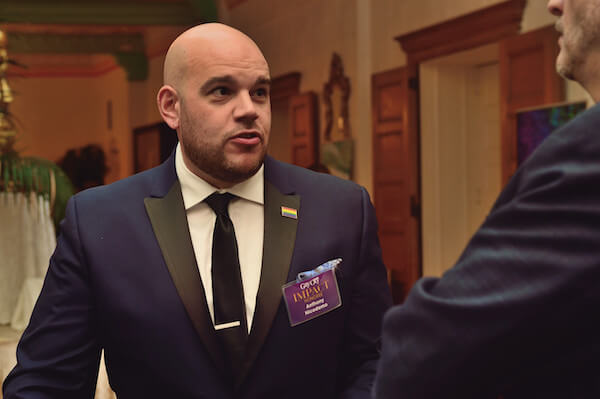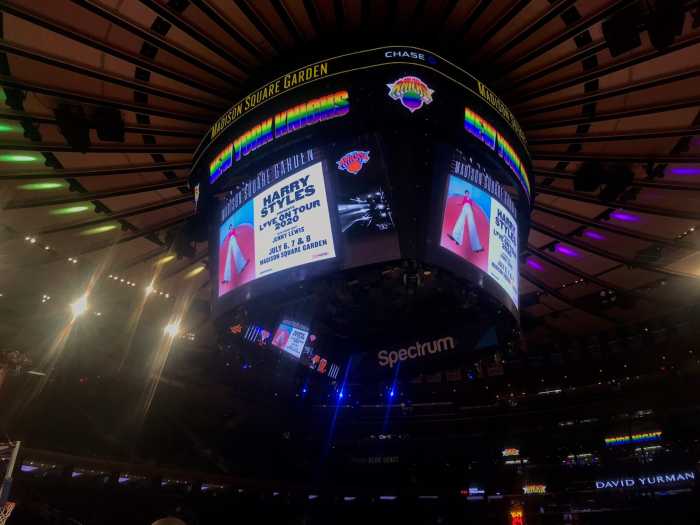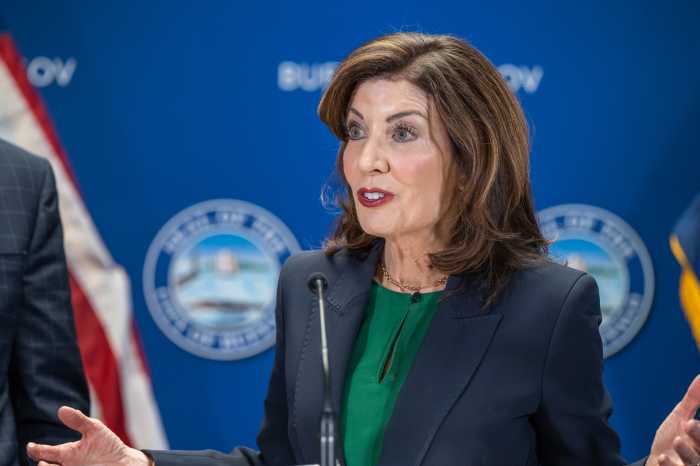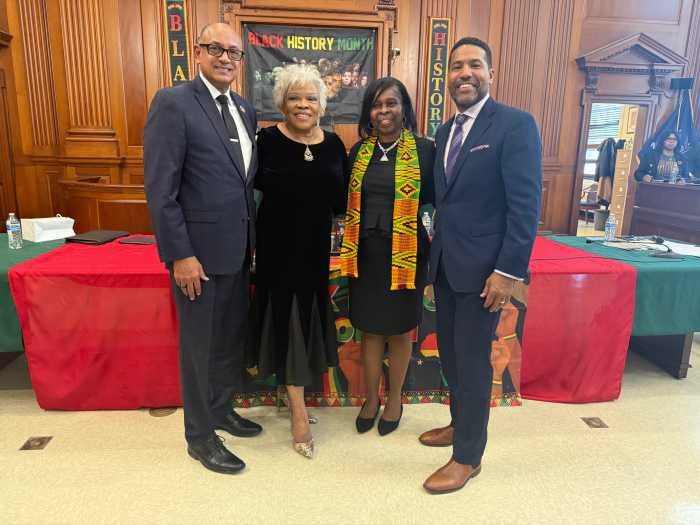The undefeated University of South Carolina women’s basketball team is basking in the spotlight after shutting down Caitlin Clark and winning the National Championship over Iowa on April 7. But just one day before the biggest game of her coaching career, South Carolina head coach Dawn Staley grabbed the headlines for another reason.
During a press conference with reporters on April 6, Staley was asked about her position on whether trans student-athletes should be able to participate in accordance with their gender identity. Without hesitation, she took a clear and unwavering stance.
“Damn, you got deep on me, didn’t you?” Staley said. “I’m on the opinion of, if you’re a woman, you should play. If you consider yourself a woman and you want to play sports or vice versa, you should be able to play. That’s my opinion. You want me to go deeper?”
The question was asked by Dan Zaksheske, a reporter for OutKick, which uses offensive terminology like “biological males” to refer to transgender individuals. When pressed, Staley again said she would welcome trans athletes on the basketball court.
“Yes, yes,” Staley said. “So now the barnstormer people are going to flood my timeline and be a distraction to me on one of the biggest days of our game, and I’m OK with that. I really am.”
The comments came just one day before the championship game and two days before the National Association of Intercollegiate Athletics (NAIA) — a governing body for 249 colleges — announced a new policy stipulating that student-athletes will only be allowed to play in women’s sports if they were assigned female at birth. The NAIA policy does not affect NCAA competitions.
Staley’s comments drew praise from national LGBTQ leaders who underscored the importance of support for trans athletes at a time when numerous states — and local jurisdictions such as Nassau County — have imposed policies restricting trans individuals from participating in sports in accordance with their gender identity. Governing bodies overseeing different sports leagues — like the NAIA — have also started to implement their own restrictions.
“Coach Staley and her championship team electrified the sports world and elevated excellence on and off the court,” GLAAD CEO Kate Ellis said in a written statement. “Transgender athletes are few in number but have long been included in the NCAA’s inclusive policies to zero negative effect on any other player or the game itself. In fact, the women’s game has never been stronger or more popular, with incredible play and record-breaking viewership. Coach Staley simply spoke the truth that trans women are women and should play if they want.”
Melanie Willingham-Jaggers, the executive director of GLSEN — which fights for LGBTQ inclusion in educational settings — praised Staley for a “well-deserved” victory and slammed the NAIA’s new policy, saying it is “troubling” and needs to be addressed.
“Now more than ever, we must amplify our efforts as a collective to ensure the inclusion of all women in women’s sports,” Willingham-Jaggers said in a written statement. “Her coaching serves as a powerful example of true leadership, consistently showing up for her team and all athletes. In moments like this, it’s courageous leaders like Coach Staley who inspire us to uphold what’s just and advocate for true inclusion and equity on and off the court.”
Human Rights Campaign president Kelley Robinson also spoke up for Staley.


































